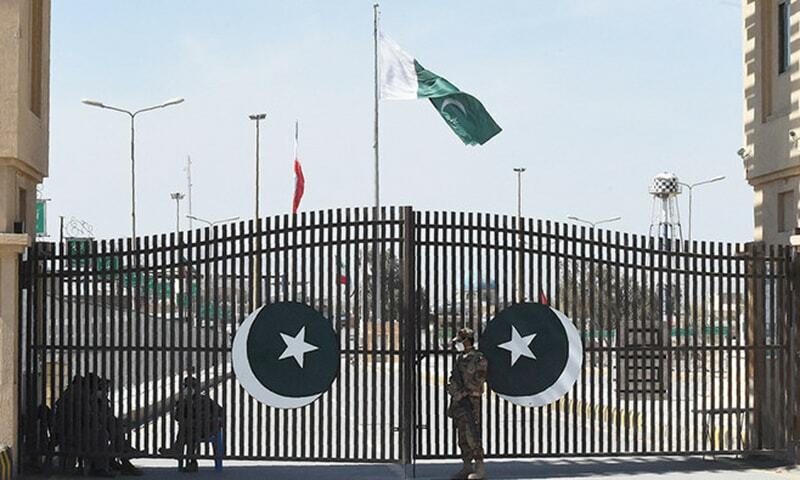Pakistan, Iran set $5bn trade target by 2023
ISLAMABAD: Pakistan and Iran have agreed to take measures to expand the annual trade exchanges to $5 billion by the year 2023.
“Understanding of the new trade target was reached during the ninth meeting of Iran-Pakistan Joint Trade Committee held in Tehran,” said a commerce ministry official announcement released on Saturday.
Iranian Minister of Industry, Mines and Trade Reza Fatemi Amin said both countries were determined to expand annual trade exchanges.
Emphasizing the need for accurate programming in a way that provides Pakistani partners with the opportunity to invest in Iran, the minister said that hurdles would be lifted within three months to pave the way for expansion of free trade.
Mr Amin noted Pakistani and Iranian officials had already held talks on economic cooperation and the joint trade committee was tasked with paving the ground for enhancing trade ties between the two countries.
He referred to the determination for expansion of bilateral economic relations, stipulating that Iran was ready to remove obstacles in the way of developing trade exchanges with Pakistan in a bid to enhance economic ties with the neighboring country.
The joint committee pursues issues such as the free trade agreement (FTA) between the two countries as well as organizing exhibitions.
The meeting was attended by senior Iranian and Pakistani authorities as well as business and banking officials.
Reciprocating same feelings, Adviser to the PM on Commerce Abdul Razak Dawood said Pakistan also wished to enhance bilateral trade with Iran.
He offered to expand trade in the field of transportation, increase the basket of barter trade, build joint border markets as well as reduce tariffs.
Both countries have already made planning and agreements on strategic cooperation, the adviser recalled, adding they were yet to be implemented. “I express the hope that necessary steps will begin from today,” he said.
Iranian official news agency, IRNA, quoted the Iranian minister of industry as saying that Tehran and Islamabad had planned to cooperate in the areas of home appliances and dairy.
The minister said Iran and Pakistan despite being two important countries in the region had so far not used properly their economic capacities. He said trade obstacles to free trade between Tehran and Islamabad would be removed within the next three months.
Pakistan has a narrow export basket to Iran, as 63 per cent of the exports comprised rice alone. A preferential trade agreement (PTA) was signed with Iran in 2006. Tariff concessions were granted to Iran on 309 tariff lines whereas Pakistan was given concessions on 338 tariff lines. Major sectors covered under the PTA were rice, fruits, cotton, cotton yarn, pharmaceutical products and cutlery.
In the year 2017, both sides also decided to finalise the proposed FTA by November. The trade negotiating committee of both countries held two rounds of discussions on the FTA when it was projected that the agreement would increase bilateral trade from $300 million in 2016 to $5 billion by 2021.
However, unavailability of a payment mechanism casts a shadow on the viability of a much-awaited agreement.
Until the regular banking channel was established for a mode of payment, the target to increase trade to $5bn in the next two years might also remain only on paper, a senior officer of the commerce ministry said.
“If there is no payment mechanism, then there is no importance of such an agreement,” the officer added.
While Iran has about 959 joint border crossings with Pakistan, it remains to be seen how many border crossings will be declared for trade.

